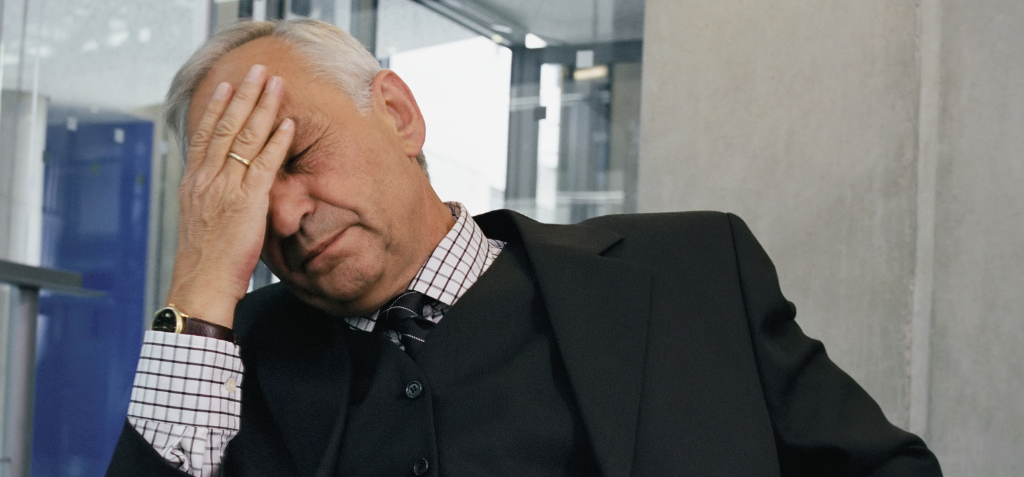Causes
and impact
There are many possible causes of Nocturia but the most common cause is overproduction of urine by your kidneys at night.
They do this by increasing water re-absorption, making your urine more concentrated, which is why urine is darker in the morning. In Nocturnal Polyuria this process is disturbed, and your kidneys produce too much urine at night, which causes Nocturia.
Caffeine-rich drinks, carbonated beverages, and alcohol make you urinate even more than usual so it is best to avoid these if possible.
Recently, a study by RAND Corporation commissioned by Ferring Pharmaceuticals, evaluated the global impact of Nocturia. Their findings sugget that worldwide 90 million people suffer from Nocturia, approximately 1 in 10 of whom are under the age of 45.
This study also found that the sleep-interrupting nature of Nocturia greatly reduces daytime productivity, equal to that of other chronic conditions including: asthma, arthritis, irritable bowel syndrome, depression, and gout. Cumulatively, this amounted to the equivalent of $79 billion per year lost worldwide in absence or impaired ability to work
Nocturia can be very bothersome and may interfere with:
Personal relationships
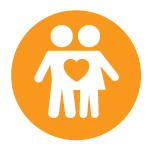
Quality of Life

Daytime productivity
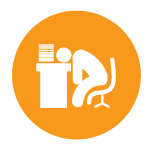
Preparing for your trip to the healthcare professional
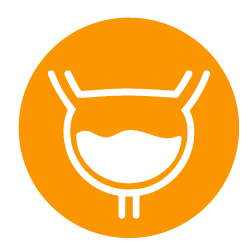

Complete the Bladder Diary to take with you
The patient perspective
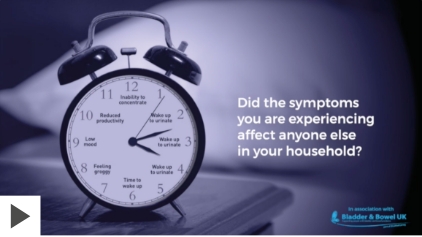
Watch how Nocturia affected Sandra’s partner
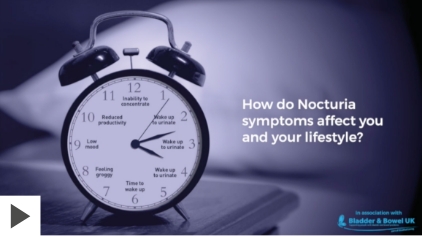
See how poor sleep due to Nocturia affects
Bill’s everyday life
Reclaim your night.
Re-energise your day.
Nocturia is usually easy to treat, so if your night-time bathroom trips are affecting your day to day life, it’s time to talk to your healthcare professional. Together, you and they may be able to determine the cause of your Nocturia and decide on the best treatment option so that you can reclaim your nights and re-energise your days.

TALK TO YOUR DOCTOR TO
DISCUSS YOUR SYMPTOMS
AND TREATMENT OPTIONS

